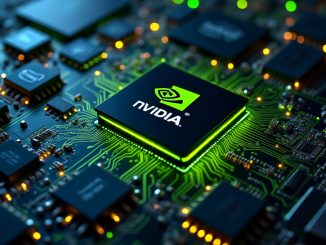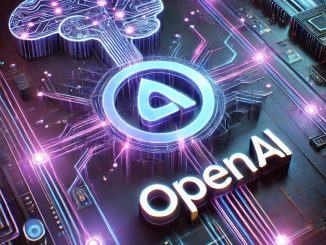
As mankind’s curiosity to further explore the Universe continues to gain importance, so does the growth in complexity of risks associated with the technical strategies including that of spacecraft transmission time that need to be addressed to bring Earth closer to space. As NASA’s unmanned spacecraft travel into deep space to look at distant planets, the transmission time to reach these craft, whether it is for controlling, repairing or interacting with them, becomes longer and longer.
In the case of the Mars rover, for example, the Red Planet is so far away in fact that it takes radio signals over 20 minutes to get from the spacecraft back to Earth. This obviously makes the operating aspect of these space vehicles a challenge as such time lag could make it difficult to gather data and even impossible to respond to fast-moving threats, like the risk of accidental collisions from space debris or a passing meteorite.
But thanks to a three-year grant worth $330,000 from NASA, University of Akron (UA) Assistant Professor Jin Wei Kocsis will research how to overcome these issues by helping such spacecraft operate independently, without the need for human intervention using a deep learning artificial intelligence (AI) scheme that works over Ethereum’s swiftly-responding blockchain-based computing platform.
“I hope to develop technology that can recognize environmental threats and avoid them, as well as complete a number of tasks automatically,” Kocsis, who will lead the research, said in a statement. “I am honored that NASA recognized my work, and I am excited to continue challenging technology’s ability to think and do on its own.”
As explained by ETHNews, in addition to investigating technologies like the Ethereum blockchain which could pave the way for a wave of next generation internet technologies, the allocation will also allow the UA team to conduct research into decentralized computing networks capable of processing massive amounts of dataset with large number of attributes that a deep space craft might collect.
The presence of emerging technologies like AI and blockchain in autonomous flying spacecraft that the researchers are currently trying to develop could ensure our ability to gather vast amounts of high-dimensional data far from our terrestrial home.
Needless to say, such technologies could be critical to solving a range of challenges within the fields of space weather, space resources and space exploration.




Leave a Reply